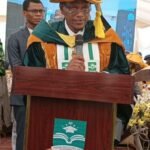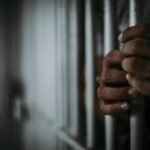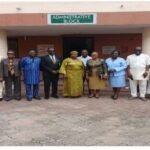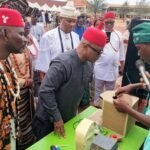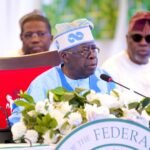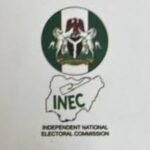The National Agency for Food, Drug Administration and Control (NAFDAC) says it will hold an urgent stakeholders forum to present the Mobile Authentication Service (MAS) Guidelines to the public in line with a directive from the House of Representatives.
The Director-General of NAFDAC, Prof. Mojisola Adeyeye, made this known in a statement she personally signed in Abuja on Friday.
Adeyeye disclosed that the forum will be held this month in conjunction with Clinton Health Access Initiative (CHAI).
“I am pleased to note the Honourable Speaker of the House of Representatives’ concern about Substandard and Falsified medicines (SF), and the urge to use Mobile Authentication Scheme (MAS) to detect counterfeit medicines.
“The MAS was deployed by NAFDAC in 2010 as an anti-counterfeiting tool to curb the menace of substandard and falsified medical products.
“The medicines identified for implementation and enforcement in the first stage of the MAS scheme are antimalarials and antibacterials,” she said.
The NAFDAC boss stated that these classes of medicines were selected as a result of high incidence of counterfeiting and the adverse impact on public health.
She added that the scheme was not fully implemented by all relevant stakeholders despite several enforcement deadlines issued by NAFDAC for compliance.
The News Agency of Nigeria (NAN) recalls that the House of Representatives directed the NAFDAC to enforce the MAS on all drugs in the country.
The House also mandated its Committee on Health Care Services to liaise with the agency to ensure public enlightenment and total compliance to the service.
MAS allows customers to identify the genuineness of products, especially drugs, by scratching a thin coating of a unique 12-digit Personal Identification Number (PIN), which is then sent via SMS to 38353 code for a quick feedback within seconds.
The resolution followed a motion on the rising cases of fake drugs in the country by Babajimi Benson (APC-Lagos).
Benson, in a lead debate, decried the growing incidences of drug adulteration and counterfeiting, which he said had taken an alarming dimension due to non-compliance to MAS.
“The World Health Organisation said 17 per cent of all drugs in Nigeria are fake, which undermine all aspects of medical treatment and healthcare delivery which were major causes of suffering and deaths,” Benson said. (NAN)

